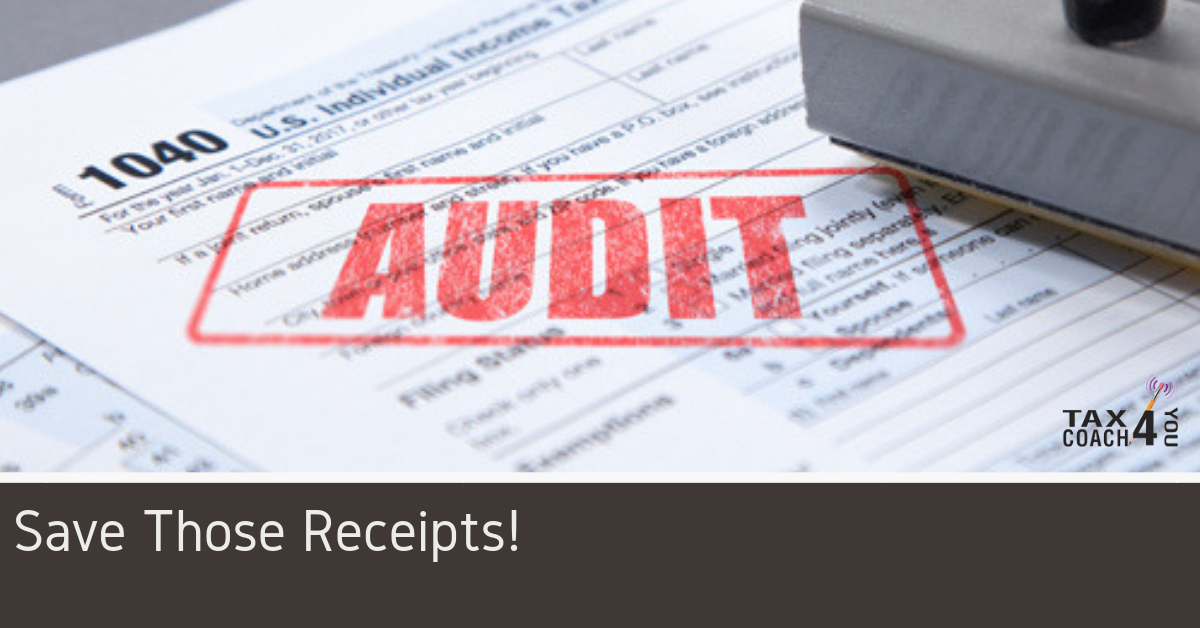These tips are money in your pocket
When it comes to taking qualified deductions on your tax return, having proper documentation to prove your expense is a must. Here are some typical areas that taxpayers often fall short, costing them plenty during tax filing season and during IRS audits:
- Cash donations to charity. To deduct and support your donation to a qualified charity you must have valid documentation. Donations of cash need to be supported by a canceled check or a receipt from the organization. Donations of $250 or more MUST have written acknowledgment from the charity at the time of the donation — a canceled check and bank statement are not sufficient.
- Non-cash contributions. Additional support is required for non-cash donations to prove the value. This includes creating a detailed list of items donated, their condition, and estimated fair market value. While this level of detail is not required for small donations, it is always a good practice to take photos and create a detailed listing of items donated.
- Investment purchases and sales. If you bought or sold an investment you will need to know the original cost. Today’s regulations require brokers to report the cost of sales to the IRS. Many of these historic costs are reported incorrectly. Please review your broker accounts and correct any errors. It is very difficult to defend yourself in an audit when records reported to the IRS are in error.
- Copies of divorce decrees, alimony and child support agreements. There are often conflicts between two taxpayers regarding who is claiming a child on their tax return. Do you have the necessary proof to defend your position? The same is true with alimony and child support. Keep these documents in a safe place and be ready to use them if necessary.
- Copies of financial transactions. Keep copies of documents from any major financial transaction. This includes real estate settlement statements, refinancing documents and any records of major purchases. These documents are necessary to ensure your cost (basis) in the property is properly recorded. The documents will also help identify any tax-related items like mortgage insurance, property taxes, points and possible sales tax paid.
- Mileage logs. Tracking deductible miles is probably one of the most commonly overlooked documentation requirements. Properly recording charitable, medical and business miles can really add up to a large deduction. If the record is not available, the IRS is quick to disallow your deduction.
If you are not sure whether a document is important, it’s best to retain it and file it in a way that you can easily retrieve it if needed at a later time.
Please contact me directly if you need more assistance.
Diane Gardner
c/o Adept Business Solutions
PO Box 1132
14567 W. Highway 53
Rathdrum, ID 83858
Email: diane@taxcoach4you.com
Phone: (208)687-0508




